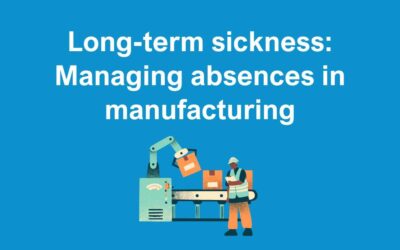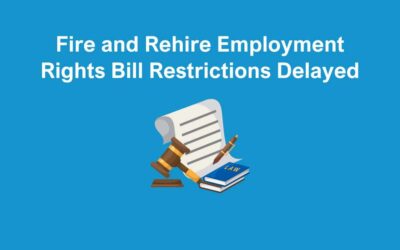The CIPD’s annual Good Work Index report was published in June. It gave a clear indication of how employees feel about their working lives. The CIPD surveyed around 6,000 working in a wide range of sectors and found that job quality is falling short on several measures within the UK.
A quarter of workers say that their work is bad for their physical or mental health. The same figure reported a poor work/life balance, with 30% of workers admitting to having an unmanageable workload.
As a result, employers are urged to act now to improve job quality.
What could you do to ensure job quality is good throughout your business?
- Make wellbeing high on your agenda
Many employees have noticed when working from home during the pandemic that they have managed to focus more as there’s less distractions around them.
Hybrid working is not only beneficial for employees, there’s also great benefits for businesses. With employees working more from home, facility costs will likely reduce, saving you money in the long run. You may even decide that you don’t need office space at all which will reduce costs even further. You can find out more about transitioning in to a hybrid working team HERE.
If you would like any support with HR within your business, contact us now.







